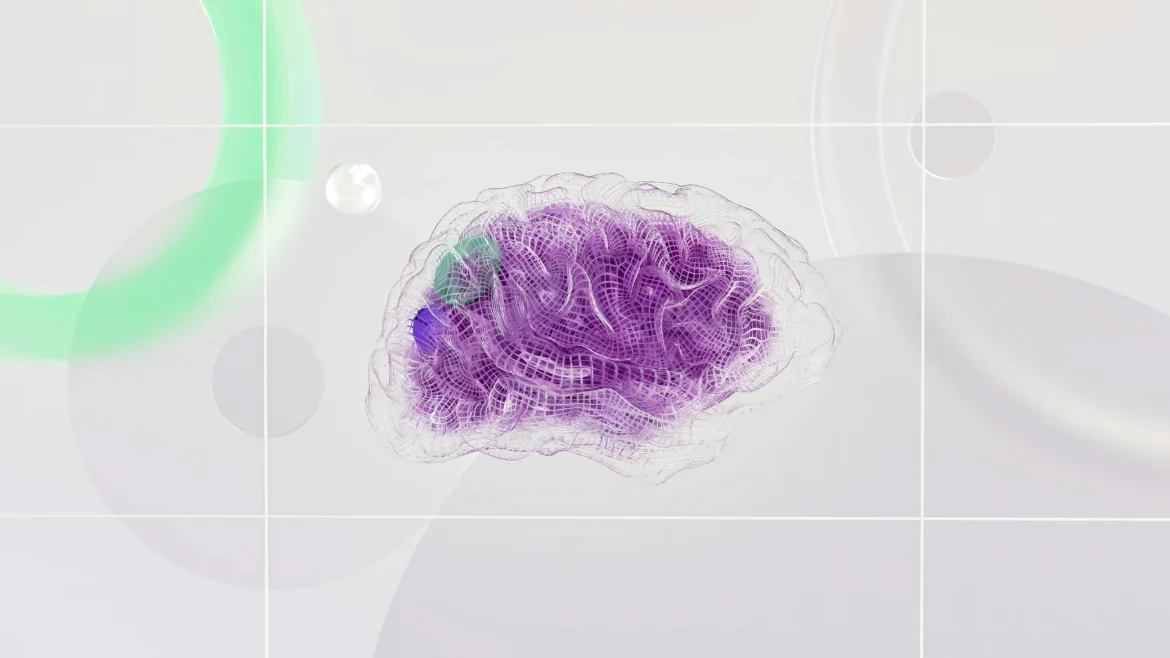Researchers at Stanford University have unveiled an artificial intelligence model capable of accurately determining an individual’s gender from brain scans, boasting an impressive success rate exceeding 90%. This discovery not only sheds light on the existence of significant gender-based disparities in brain organization but also challenges longstanding debates in the scientific community.
The AI model, designed by a team led by Vinod Menon, a professor of psychiatry and behavioral sciences at Stanford, utilizes dynamic MRI scans to identify distinctive brain networks crucial in distinguishing between male and female brains. These networks, including the default mode, striatum, and limbic networks, play pivotal roles in cognitive functions and behaviors.
“Sex plays a crucial role in human brain development, aging, and the manifestation of psychiatric and neurological disorders,” explained Menon, emphasizing the importance of understanding gender-specific differences in brain organization.
The study, published in the Proceedings of the National Academy of Sciences, addresses a longstanding controversy regarding the extent of dissimilarities between male and female brains. Previous research has yielded inconsistent results, partly due to variations in brain size and the methodologies employed.
To overcome these challenges, Menon’s team leveraged recent advancements in artificial intelligence and dynamic functional connectivity fMRI. This innovative approach enabled the researchers to analyze changes in brain activity across different regions, leading to more reliable gender differentiation.
By training a deep neural network model on a diverse dataset comprising thousands of brain scans, the researchers achieved remarkable accuracy in discerning gender differences. The model’s success underscores the presence of detectable disparities in brain organization between genders, providing crucial insights into the complexity of human brain structure.
Moreover, the findings hold promising implications for personalized medicine, as understanding gender-specific vulnerabilities can facilitate the development of tailored treatments for neuropsychiatric conditions.
While the study focused on gender disparities in brain organization, Menon emphasizes the broader applicability of their AI model. By making their model publicly available, the researchers aim to empower fellow scientists to explore various aspects of brain connectivity and their implications for cognitive abilities and behaviors.
Funded by grants from the National Institutes of Health and other institutions, this groundbreaking research marks a significant milestone in our understanding of gender differences in the human brain. As technology continues to advance, AI-driven approaches offer unprecedented opportunities to unravel the mysteries of the mind and pave the way for more personalized approaches to healthcare.


Leave a Reply